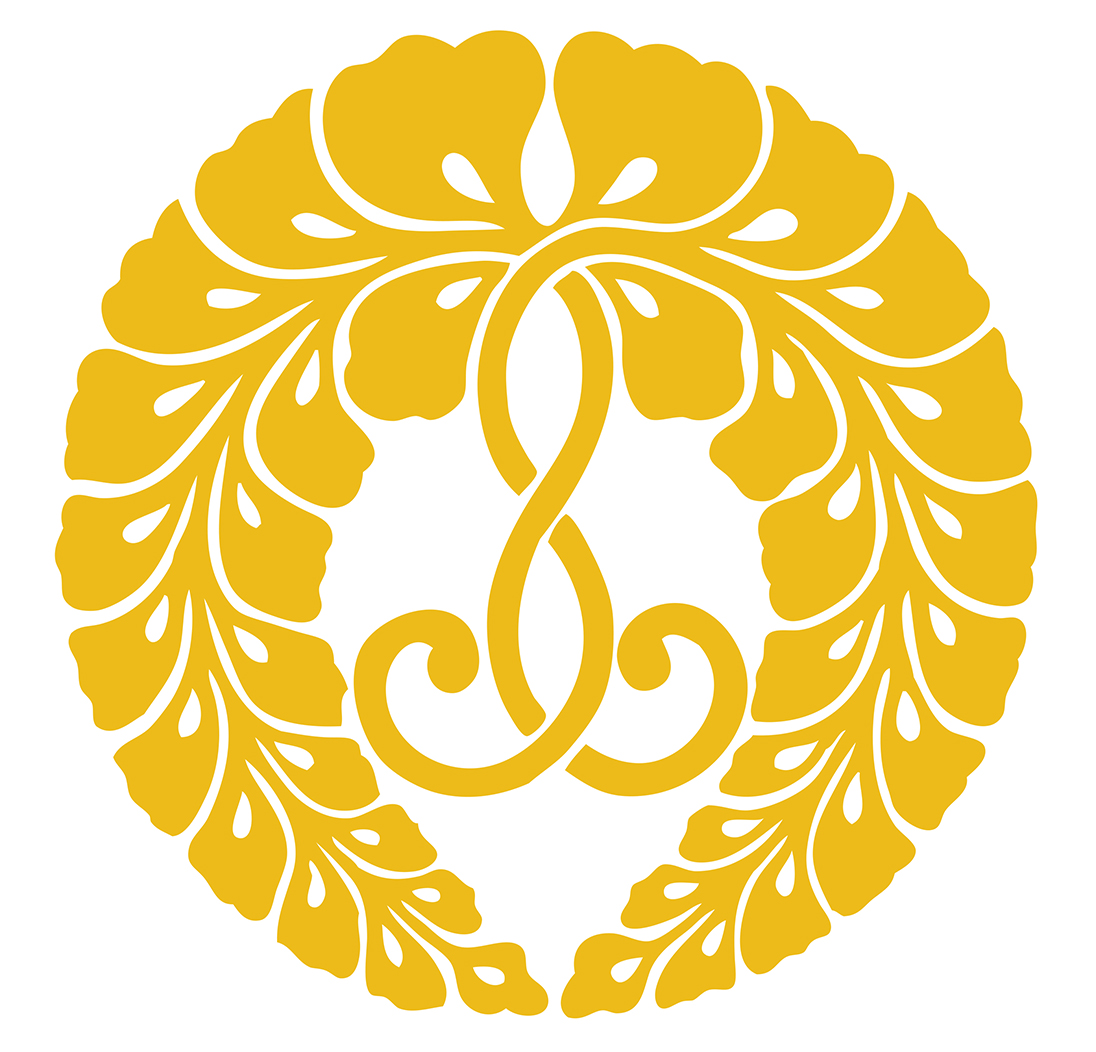Dear Dharma Friends,
Other religions have some really big stories about our world. They talk about the origin
or the world, the end of the world, why things are “off” with the world, what we must do
now to be saved, and lots more. They like to give out that they have all the answers.
People often turn to Buddhism looking for a different conversation. But sometimes
those patterns from other religions stay with us in the background as we try to learn.
We are all – Buddhists and non-Buddhists alike – looking for the answer to what
Eastern philosophy calls “The Great Matter,” as in “have you settled the great matter of
life and death?” So, it’s important to cultivate a Buddhist understanding of how the world
works in order to derive the most benefit from the Buddha’s Teachings. In other words,
we need to start thinking like Buddhists and, for that to happen, we need to recall some
basics.
Shakyamuni Buddha told a story known as the “poisoned arrow.” A man was shot by
a poisoned arrow. When his companions came to help they started to pull out the
arrow. The man stopped them and said “before taking out the arrow I must to know who
made the arrow, what ingredients were used for the poison, what the intention of the
maker of the poison was, were the ingredients originally intended for poison or not, how
did the shooter of the arrow obtain the poison, did he apply it himself or did others do it,
I must know the true intention of the shooter…” While asking and demanding answers
to all these questions (and many more), the man died from the poison.
Shakyamuni Buddha directed this story to the vast and very sophisticated philosophical
and religious milieu of his time, which debated fine points endlessly and brilliantly, but
did not cut through to the one thing he cared about: the cessation of dukkha (which we
often crudely translate as ‘suffering’). Buddha was not really interested in any
hypothetical origin of the world we live in. A man of his own time, he accepted as
givens the existence of spiritual beings like gods and devas, heavens, and hells, but
taught that these arise and fall — as do all phenomena — and are, therefore, part of the
world of suffering which he wanted to transcend. Modern Buddhists may accept or
reject deities, heavens, etc. These are not the focus of Buddhist teaching and practice.
The focus of Buddha’s teaching was and is: Awakening, as in the ultimate Awakening of
each being without exception.
Buddha taught both impermanence and interconnected-ness as the way of describing
our world: Impermanence because all phenomena rise and fall (regardless of whether
they are created by a divinity or not) and interconnected-ness because everything
literally depends upon everything else.
Regarding the concept of “self,” Buddha observed that the world in which he lived was
already overly absorbed with the self – each individual self existing for eons in an
endless and pitiless round of reincarnations. What modern people call “ego” was for
Buddha the cause of suffering: craving or grasping. As “Ego-Self” is the biggest
obstacle to Awakening, Shakyamuni Buddha taught “no-self.” He encouraged his
followers to “deconstruct” the self and observe how its individual components are
subject to causation and change.
There is so much more! Do you think like a Buddhist, as least sometimes? I hope so
but, if not, don’t worry because the present moment is the perfect place to start or re-
start. There is much to learn. Life itself is the subject and Buddha is the teacher. As
Shakyamuni and his early followers used to say, the Dharma is beautiful at the
beginning, beautiful in the middle, and beautiful at the end.
Namo-Amida-Butsu
Gary Shobo Jaskula, New York Buddhist Church & Albany Buddhist Sangha
